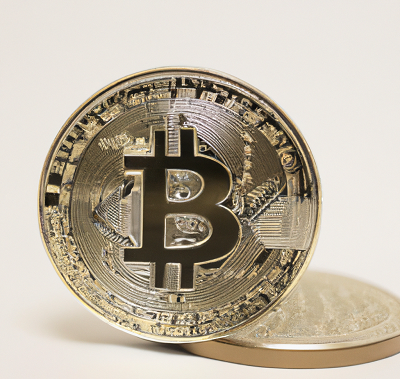Crypto scamming is a complex, yet increasingly common form of fraud that affects cryptocurrency users and investors. Crypto scammers often prey on the inexperience of new traders to steal their hard-earned digital currency. Crypto scammers are known to use fake online identities, malicious software, and emails that appear to be from legitimate sources to confuse and deceive unsuspecting victims. They may also use social engineering tactics to earn a victim’s trust. Crypto scammers use a variety of methods to carry out their schemes, but some of the more common techniques include:
• Phishing: This involves sending fake emails and websites that look like those of legitimate companies or financial institutions in order to gain access to sensitive information, such as login credentials and banking details.
• Pump-and-dump schemes: Scammers promote an inflated version of a certain cryptocurrency and then dump their holdings, causing the market price of the crypto asset to plummet.
• Pyramid schemes: This involves recruiting new participants to help support the scam and earn rewards for their participation.
• Ponzi schemes: These scams promise high returns with little risk to entice investors.

• Initial coin offering (ICO) scams: This involves launching a bogus ICO to lure in unsuspecting investors, who are promised a certain return on their investments.
• Crypto jacking: This involves taking control of a user’s computer to mine cryptocurrencies without their knowledge or consent.
• Fake airdrops: This involves creating a fake giveaway or offering of free cryptocurrencies, usually as part of a promotional campaign.
• Fake wallets: Scammers may create a valid-looking wallet address to steal unsuspecting users’ coins.
• Malware: This involves infecting computers with malicious software for the purpose of stealing data and passwords.
Crypto scammers can be very creative, so it’s important to remain vigilant and to keep up-to-date with the latest scams and security measures. Before sending any money or tokens, always double-check the source, check the security measures in place, and ask questions. If something doesn’t feel right, don’t proceed.